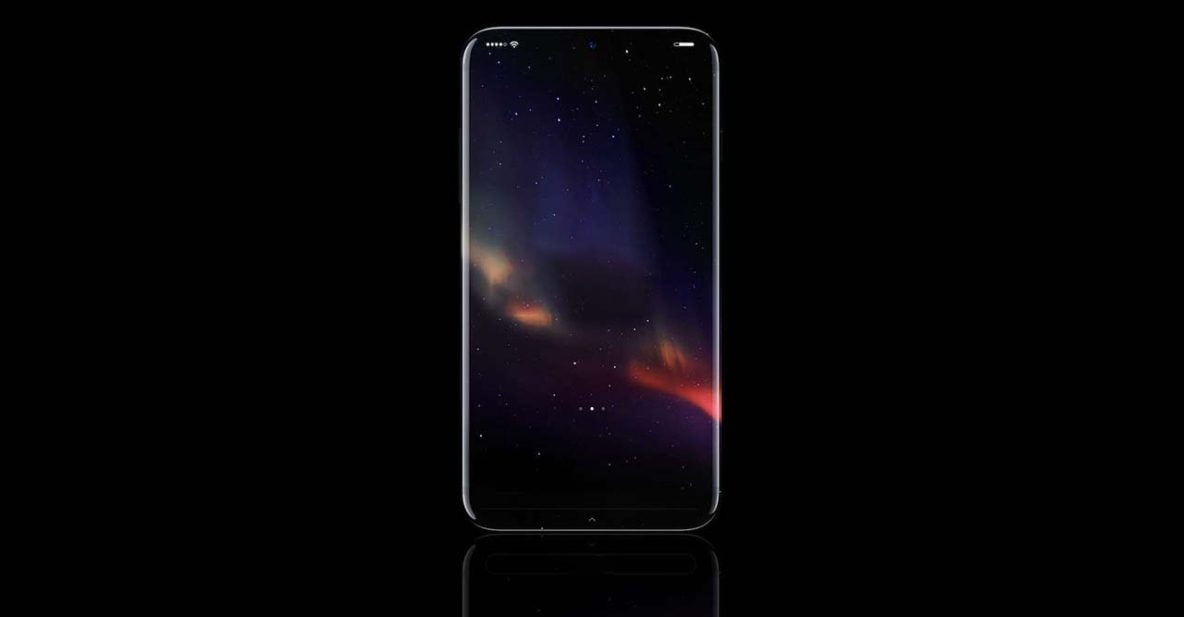SEE ALSO: Apple iPhone 8, iPhone 8 Plus debut alongside iPhone X
So how do the lists look as of today? Do Android phones rule the roost, so to speak? Or do Apple chips make iOS devices look good?
Before you check out the results below, keep in mind that higher scores are better, with double the score indicating double the performance. And as developer Primate Labs says, “Geekbench 4 scores are calibrated using a Microsoft Surface Book with an Intel Core i7-6600U processor as a baseline with a score of 4,000 points.”
Single-core benchmarks
- iPhone 8: 4200
- iPhone 8 Plus: 4199
- iPhone X: 4198
- iPhone 7: 3444
- iPhone 7 Plus: 3435
Yes, you’re looking at an all-iPhone list, with the first three being powered by Apple’s new A11 Bionic chip and the last two being handled by 2016’s A10 Fusion. The top Android smartphone is the Exynos 8895 Octa-powered Samsung Galaxy S8, and its score of 1966 is not even remotely close to last year’s iPhone 7 Plus.
READ ALSO: Alleged iPhone X benchmark matches MacBook Pro
Multi-core benchmarks
- iPhone 8 Plus: 10042
- iPhone 8: 9966
- iPhone X: 9764
- Samsung Galaxy S8: 6489
- Samsung Galaxy S8+: 6408
Finally, two Android phones have been able to penetrate the list, albeit having a significant score difference between them and Apple’s latest offerings. Both of them are made by Samsung. Unfortunately for Qualcomm, the variants included here are using the Korean giant’s own Exynos chip, not Snapdragon 835.
SEE ALSO: iPhone 6s beats Galaxy S8 in speed test. Wait, what?
Will we see different results in “real” real-world tests? Let’s find out as soon as the dust settles for iOS 11.
Image via iDropNews
Share this Post



